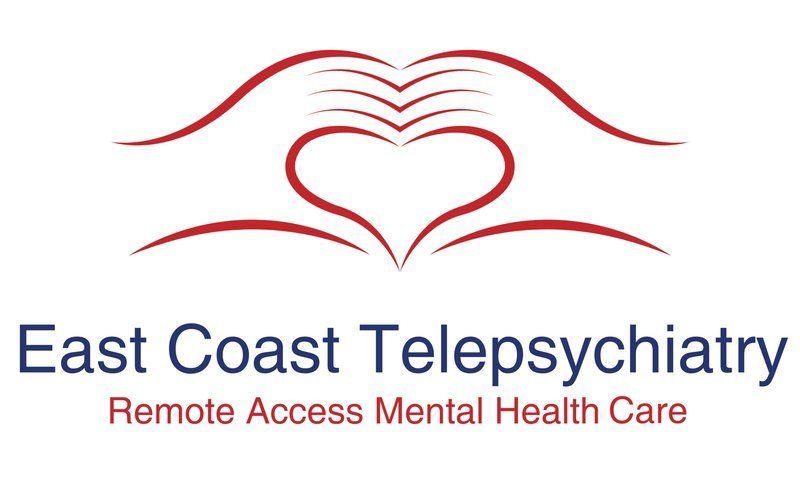Obsessive-Compulsive Disorder (OCD)
Obsessive-Compulsive Disorder (OCD) is a chronic condition characterized by persistent, unwanted thoughts (obsessions) and repetitive behaviors or mental acts (compulsions). These obsessions and compulsions can significantly interfere with an individual’s daily activities and cause substantial distress.
Understanding OCD
OCD manifests through intrusive thoughts and fears that lead to ritualistic behaviors aimed at reducing anxiety. These behaviors are time-consuming and can be debilitating, affecting social, work, and school functioning.
The obsessions often revolve around themes like fear of contamination, needing symmetry, and aggressive thoughts. Compulsions, on the other hand, include excessive cleaning, checking, counting, and arranging items in a specific way.
Causes and Risk Factors
The exact cause of OCD is unknown, but it is believed to involve a combination of genetic, biological, and environmental factors. Individuals with a family history of OCD and those who have experienced traumatic events are at a higher risk.
Additionally, differences in brain structure and function, particularly in areas related to behavior control and emotional responses, have been observed in people with OCD.
“Mental illness is not a weakness, it’s a medical condition. It takes strength to seek help.”

Treatment Options
Treatment for OCD includes medications, psychotherapy, or a combination of both. Selective serotonin reuptake inhibitors (SSRIs) are commonly used to manage symptoms. Cognitive-behavioral therapy (CBT), including exposure and response prevention therapy (ERP), has been proven effective in reducing compulsive behaviors. In severe cases, where other treatments have failed, deep brain stimulation (DBS) and transcranial magnetic stimulation (rTMS) are considered.
Impact on Daily Life
OCD symptoms can be overwhelming, leading to avoidance of triggering situations or reliance on substances to cope. The condition can hinder one’s ability to function in daily life, affecting relationships, work, and overall quality of life. Early intervention and adherence to treatment are crucial in managing symptoms and improving the quality of life for individuals with OCD.

The manifestation of obsessive thoughts and compulsive behaviors in individuals with OCD is intricately linked to variations in brain structure and function. Studies indicate distinct alterations in the frontal cortex and subcortical structures, regions pivotal in regulating behavior and emotional reactions, in those afflicted with OCD. These structural and functional deviations can intensify anxiety and fear responses, culminating in persistent obsessive thoughts.
Exploring the Mind
Alterations in brain structure and function in individuals with OCD are closely related to the manifestation of obsessive thoughts and compulsive behaviors. Research has shown differences in the frontal cortex and subcortical structures of the brain, areas that impact behavior control and emotional responses, in people with OCD. These differences may contribute to the heightened anxiety and fear responses, leading to obsessive thoughts.
The brain’s inability to dismiss these intrusive thoughts as non-hazardous might lead to the development of ritualistic behaviors or compulsions as a way to mitigate the anxiety associated with the obsessions. Understanding these neural alterations can aid in developing targeted interventions and therapies to address the specific brain areas and networks involved in OCD.
Treatment Efficacy
Given the array of treatment options available for OCD, healthcare providers can tailor interventions to individual needs by conducting a comprehensive assessment of the patient’s specific symptoms, severity, preferences, and any co-occurring conditions. Cognitive-behavioral therapy (CBT), including exposure and response prevention (ERP), is a cornerstone in treating OCD and can be adapted to the individual’s specific obsessions and compulsions.
Medications, primarily SSRIs, can be adjusted in dosage to optimize efficacy while minimizing side effects. In cases where standard treatments are ineffective, alternative therapies like deep brain stimulation (DBS) and transcranial magnetic stimulation (rTMS) can be explored. The involvement of the individual in the decision-making process is crucial to align the treatment approach with the patient’s preferences and values, ensuring adherence and optimizing outcomes.
Societal Impact
The prevalence of OCD significantly impacts societal perceptions of mental health. It brings attention to the complexities of mental health disorders and challenges stereotypes and stigmas associated with mental illness. However, misconceptions about OCD as merely being overly neat or organized can trivialize the condition and hinder understanding and support for individuals living with this debilitating disorder.
To foster understanding and support, there is a need for widespread education and awareness campaigns to disseminate accurate information about OCD and its impact on individuals’ lives. Encouraging open conversations about mental health, promoting mental health literacy, and advocating for the rights and needs of individuals with OCD are essential steps in building a more inclusive and supportive society. Additionally, providing resources and support to families and communities can empower them to support individuals with OCD effectively.
Additional Resources
Contact East Coast Telepsychiatry to develop an individualized treatment plan right away!

